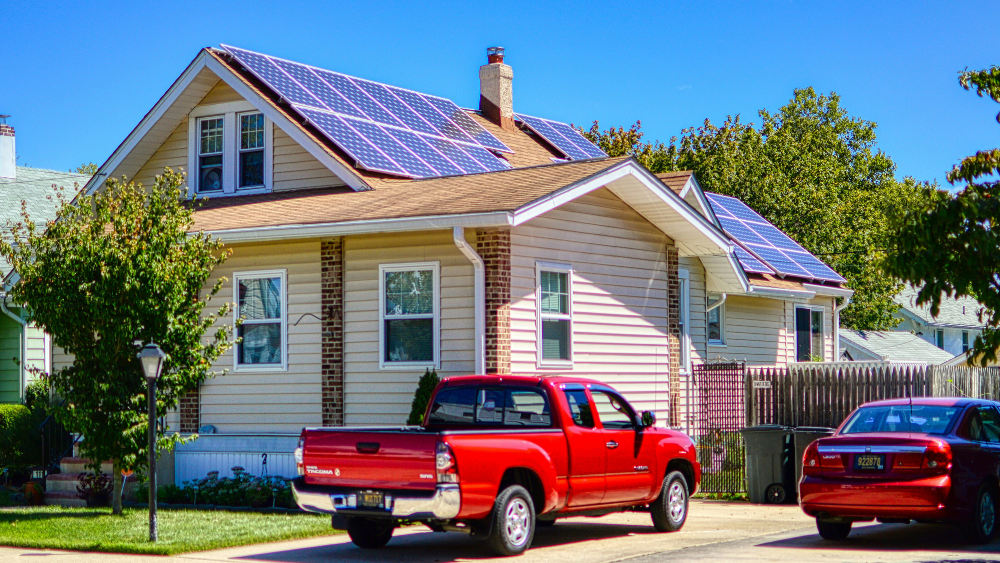
If you’re planning to sell your home in Delaware, you need to understand how transfer taxes work. Transfer taxes are fees imposed by state, county, or municipal authorities when a property changes hands. These fees will vary across state lines and will have further variations depending on the rules and regulations in your city or state. This short guide will explore how transfer taxes function in Delaware and what you, as a seller, can expect to pay when you transfer your property. Real estate transfer taxes are levied by state or local governments when the ownership of a property is transferred from one person to another. According to the Federal Trade Commission, this tax is typically required when the title of a property—essentially the formal document that denotes ownership—is legally passed to a new owner. The tax is a way for the government to monitor and record the change in property ownership, which helps ensure that all property records are up to date. The amount owed in transfer taxes can vary widely depending on where the property is located. State, county, and even city regulations play a role in determining the rate and specific requirements for these taxes. Primarily, these taxes serve to generate revenue for local governments, which is used to fund public services and infrastructure projects. In Delaware, traditionally, both the buyer and seller pay the costs of the transfer tax, splitting the total amount, usually levied at a rate of 4% of the purchase price. First-time home buyers receive a 0.5% reduction in their rate, lowering it from 1.25% to 0.75%, claimable at closing. This reduction is capped at $2,000 and applies only to the first $400,000 of property value. This is paid by the buyer.What are transfer taxes?
Who pays for transfer taxes?



